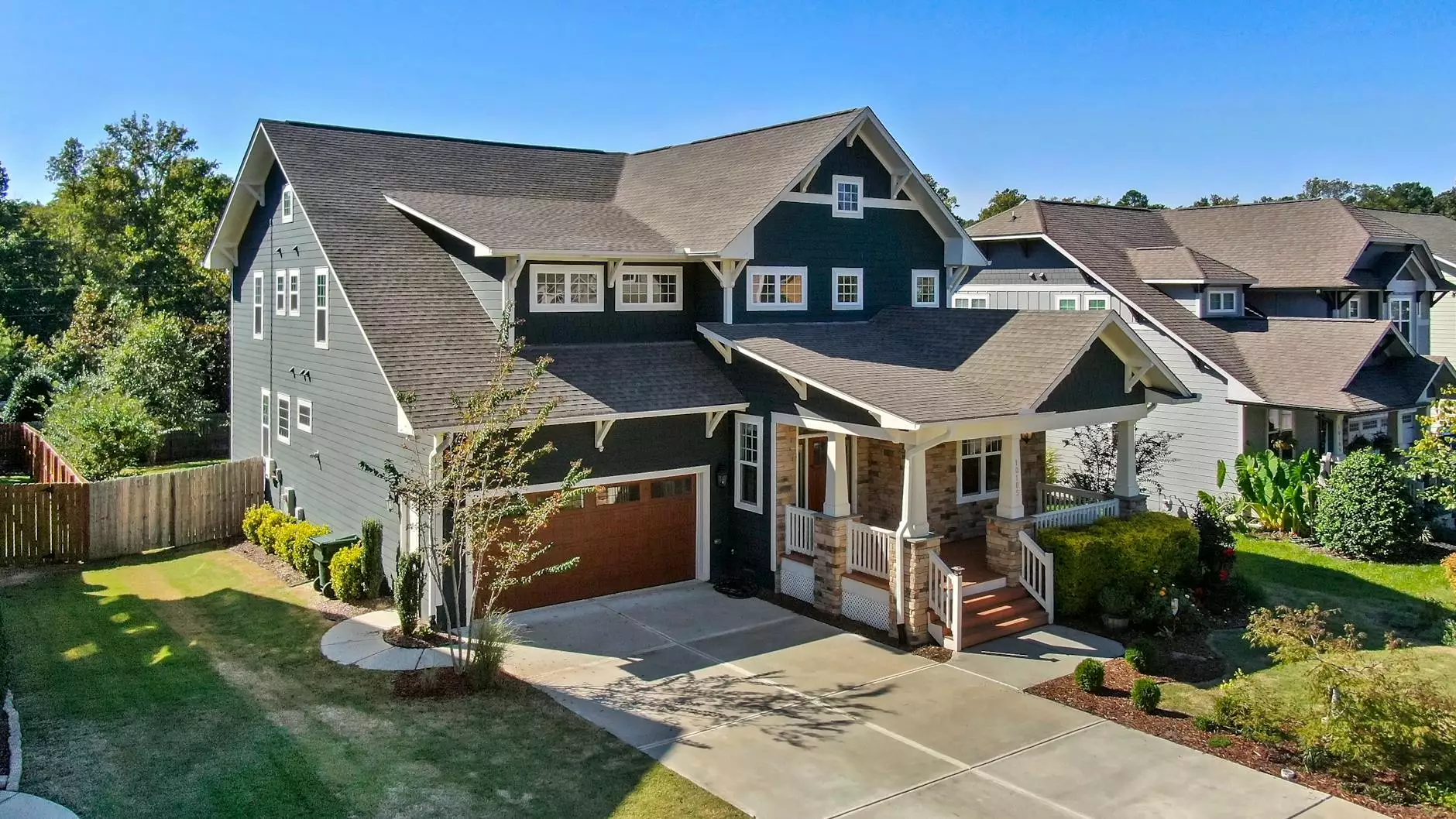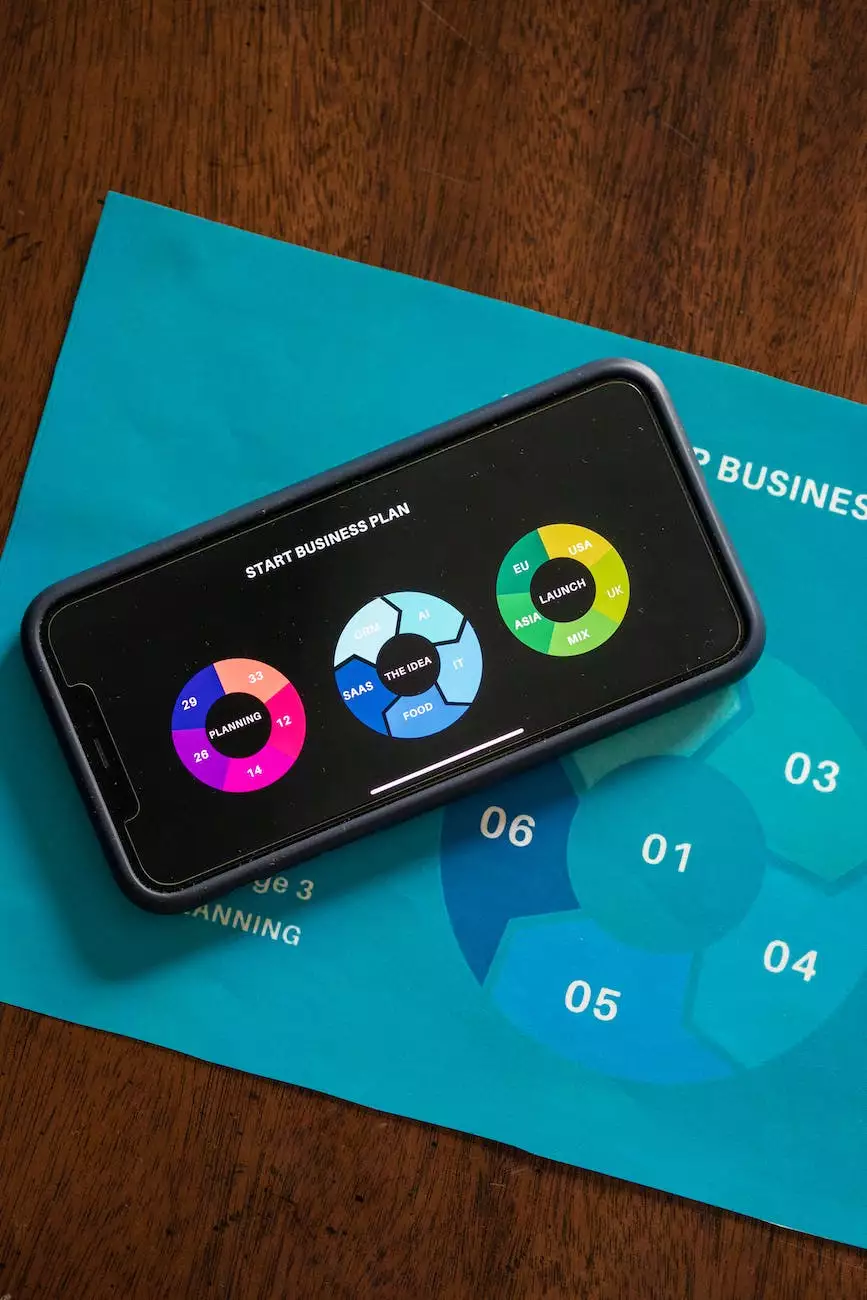Cost To Build Real Estate Apps Like Zillow In 2023
Development Partners
Unlocking the Potential of Real Estate Apps
In 2023, the demand for real estate apps is skyrocketing, and businesses in the property market are increasingly recognizing their importance in catering to the evolving needs and preferences of consumers. As one of the leading providers of innovative marketing and advertising solutions, Maslow Lumia Bartorillo Advertising is here to guide you through the cost, benefits, and key considerations for building real estate apps like Zillow.
The Value of Real Estate Apps
In today's digital landscape, real estate apps have become an integral part of the property market. They offer numerous advantages for both businesses and consumers alike. These apps provide users with comprehensive property listings, detailed property information, and advanced search filters, making it easier than ever for individuals to find their dream homes or investment opportunities.
For businesses, real estate apps offer a unique opportunity to reach a wider audience and generate quality leads. By leveraging the power of mobile technology, real estate companies can enhance their online presence, improve customer engagement, and ultimately drive sales.
The Cost of Building Real Estate Apps
When considering the cost to build real estate apps like Zillow, it's important to understand that various factors influence the overall expenses. The complexity of the app, the desired features and functionalities, and the development approach are among the key determinants of cost.
Custom-built real estate apps typically require substantial investment due to their tailored nature. The process involves hiring experienced developers, designers, and quality assurance specialists, ensuring that the app meets the highest standards of performance, user experience, and security.
Alternatively, businesses can opt for a pre-built real estate app solution. These ready-made platforms offer a cost-effective and time-efficient option for those looking to quickly establish their presence in the real estate app market. While pre-built solutions may not offer the same degree of customization as custom-built apps, they often come with a range of essential features and can be further enhanced as per the business requirements.
Key Considerations for Real Estate App Development
Before embarking on the journey of building a real estate app like Zillow, there are several crucial considerations to keep in mind:
1. Understanding User Expectations
One of the primary factors driving the success of real estate apps is the ability to meet user expectations. Conduct market research to identify the specific needs and preferences of your target audience. By understanding what users are looking for in a real estate app, you can develop a solution that effectively caters to their demands.
2. Intuitive User Interface and Experience
A user-friendly interface and seamless user experience are vital for the success of any app. Incorporate intuitive navigation, clear property categorization, and straightforward search options to ensure users can easily find what they're looking for. High-quality visuals, interactive maps, and virtual tours can further enhance the user experience.
3. Robust Backend Infrastructure
A reliable and scalable backend infrastructure is crucial for real estate apps to handle large amounts of data and deliver optimal performance. Ensure your app can seamlessly integrate with data sources, update property listings in real-time, and provide accurate property information to users.
4. Advanced Search and Filtering Options
Giving users the ability to refine their property search based on various criteria, such as location, price range, property type, and amenities, will greatly enhance their browsing experience. Implement advanced search and filtering options to empower users and help them find their ideal properties efficiently.
5. Secure Data Handling
With the sensitiveness of real estate data, ensuring proper security measures is paramount. Implement robust security protocols to safeguard user information and maintain privacy throughout the app.
6. Seamless Integration and Third-Party APIs
Enable seamless integration of third-party APIs, such as mortgage calculators, property valuation tools, or virtual tour platforms, to offer additional value to your users. These integrations can enhance user engagement and provide a comprehensive experience within the app.
The Future of Real Estate Apps
The real estate industry is constantly evolving, and so are the expectations of app users. To stay ahead of the curve, it's essential to keep an eye on emerging trends and technologies shaping the real estate app landscape. This includes features like augmented reality property tours, personalized property recommendations powered by artificial intelligence, and integration with smart home devices for added convenience.
By embracing innovation and staying attuned to consumer demands, businesses can ensure their real estate apps remain competitive and deliver exceptional user experiences.
Choose Maslow Lumia Bartorillo Advertising for Real Estate App Success
Maslow Lumia Bartorillo Advertising is a trusted partner in the business and consumer services - marketing and advertising category. With extensive experience in the field, our team of SEO and high-end copywriters excels at crafting content that helps your website outrank others in Google searches. We understand the intricacies of real estate app development and can provide tailored strategies to elevate your brand presence, increase organic traffic, and drive conversions.
Contact us today to discuss your real estate app development needs and unlock the full potential of your business in the ever-growing digital landscape.










